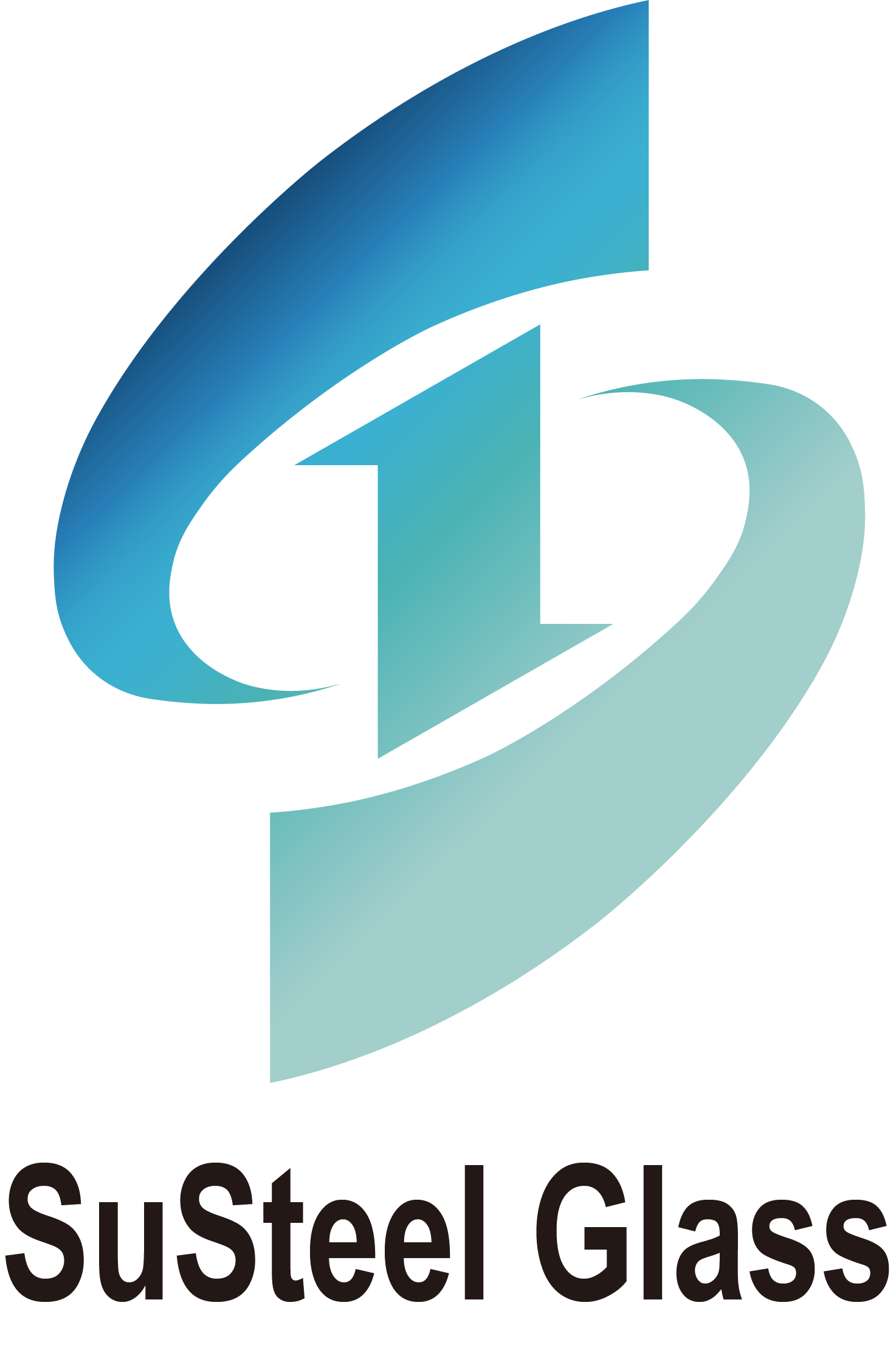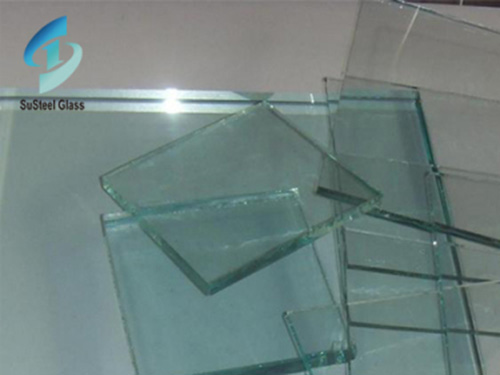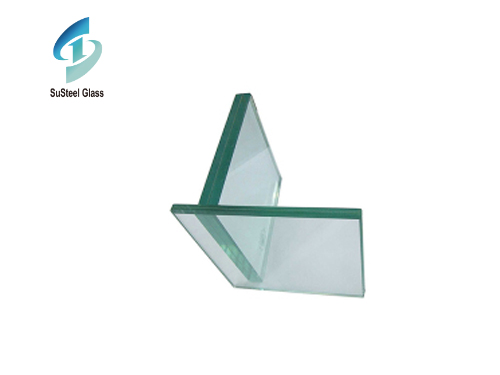Introduction:
In the ever-evolving landscape of technology, the glass substrate has emerged as a critical component, playing a pivotal role in various electronic devices. This article explores the multifaceted applications, characteristics, and contributions of the
glass substrate in advancing modern electronics.
Display Technology:
Glass substrates are the foundation of contemporary display technologies. Liquid Crystal Displays (LCDs), Organic Light-Emitting Diodes (OLEDs), and other advanced display technologies rely on glass substrates to provide a smooth and durable surface for the deposition of thin-film transistors (TFTs) and other electronic components. The transparency and flatness of glass contribute to the clarity and quality of images produced by displays.
Touchscreen Functionality:
The proliferation of touchscreen devices, from smartphones to tablets and interactive displays, owes much to the use of glass substrates. Glass provides a smooth, durable, and touch-sensitive surface that enables accurate and responsive touch interactions. The hardness of glass also ensures resistance to scratches and enhances the longevity of touchscreen devices.
Solar Panels and Photovoltaic Cells:
Glass substrates serve as a fundamental material in the construction of solar panels and photovoltaic cells. The transparency of glass allows sunlight to penetrate while protecting the delicate electronic components within. Additionally, glass provides durability and weather resistance, making it an ideal material for outdoor applications in solar energy systems.
Flexible Electronics:
Advancements in glass technology have led to the development of flexible glass substrates. These flexible substrates are crucial for the manufacturing of bendable and foldable electronic devices. The flexibility of glass substrates enables innovation in form factors, allowing for the creation of curved displays and wearable electronics with enhanced user experiences.
Microelectronics and Semiconductor Industry:
Glass substrates find applications in the microelectronics and semiconductor industry, serving as a substrate for the fabrication of integrated circuits (ICs) and microelectromechanical systems (MEMS). The high thermal stability and compatibility with various deposition processes make glass an essential material for the manufacturing of semiconductor devices.
Biomedical Devices:
Glass substrates play a significant role in biomedical applications, particularly in the development of lab-on-a-chip devices and biosensors. The biocompatibility and optical transparency of glass make it an ideal substrate for observing and analyzing biological samples, contributing to advancements in medical diagnostics and research.
Environmental Impact and Sustainability:
The recyclability of glass contributes to its sustainability in electronics manufacturing. As the industry places a growing emphasis on environmentally friendly practices, the use of recyclable materials, including glass substrates, aligns with global efforts to reduce electronic waste and promote a circular economy.
Conclusion:
The glass substrate stands at the forefront of technological innovation, influencing the design, performance, and sustainability of a wide range of electronic devices. From high-resolution displays to flexible electronics and renewable energy solutions, the versatility and reliability of glass substrates continue to shape the trajectory of modern electronics. As technology advances, the role of glass substrates is likely to expand, driving further breakthroughs in electronic device manufacturing and fostering a more connected and sustainable future.
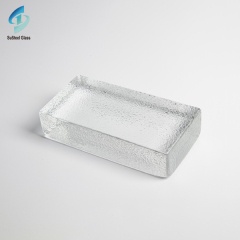


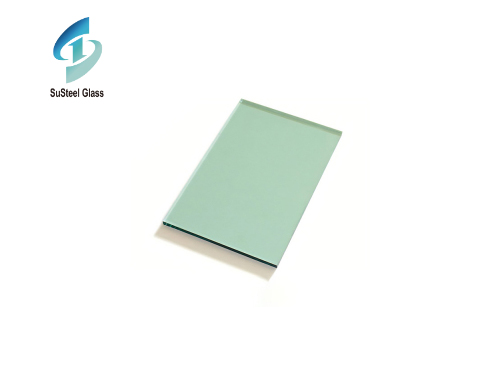 Exploring the World of Green Tinted Glass Products: Versatility and Sustainability
Exploring the World of Green Tinted Glass Products: Versatility and Sustainability
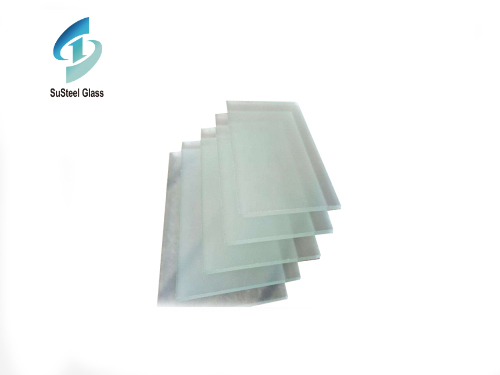 Exploring the Versatility and Elegance of Custom Thick Glass
Exploring the Versatility and Elegance of Custom Thick Glass

